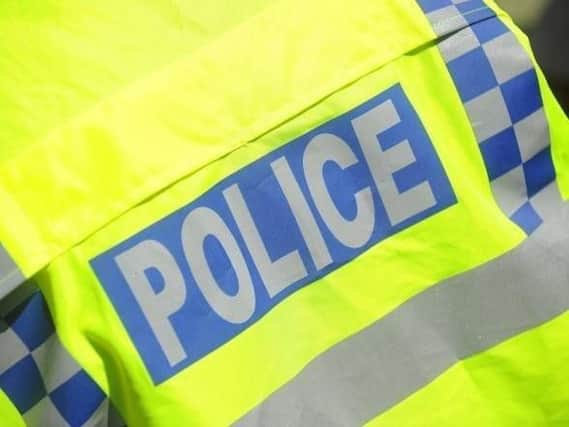25 year old convicted of nearly £300k money laundering scheme at Aylesbury Crown Court


The order under the Proceeds of Crime Act, was made in respect of Muhammad Islam, aged 53 of Topsham Road, London at Aylesbury Crown Court on 28 July 2017.
The judge found that the defendant had benefitted from his criminal activity to the value of £279,573.66, and that he had assets in in excess of this amount. He was given three months to pay or serve two years' imprisonment in default.
Advertisement
Advertisement
On 7 October 2014, following intelligence, Thames Valley Police officers stopped a silver Honda on the M40 in Denham, Buckinghamshire. The vehicle's only occupant was 25-year-old Muhammed Mansur Ahmad, who, although insured to drive the vehicle, was not the registered keeper.
On searching the vehicle, officers located two carrier bags containing cash totalling £56,080. The cash seized from the vehicle was later submitted for a forensic examination and was found to be contaminated with cocaine, MDMA and amphetamines.
Ahmad was arrested on suspicion of money laundering and interviewed at High Wycombe Police Station.
He gave his address as a property in Topsham Road, London, owned and occupied by Muhammed Islam, aged 53, and his wife, Saima Shahzadi, aged 38. Officers searched that address and found a shoebox in the tumble dryer containing banking paperwork, cash bundle tags and bank details written on pieces of paper. Further bank deposit receipts and bank deposit envelope stubs were found elsewhere on the premises.
Advertisement
Advertisement
Inquiries continued and Islam was arrested on 10 October 2014; he denied knowledge of the cash found in the car. He said he employed Ahmad at the shop, though he did not know him that well.
Ahmad's mobile telephone was examined and was found to have pictures of bank receipts on it; proving that deposits had been made. According to this evidence Ahmad has banked a total of £96,135 between 27 May 2014 and 30 September 2014.
The bank deposit receipts and envelope stubs located at Topsham Road showed that large sums of money were being paid into several different bank accounts during a very short period of time - according to these it appeared that at least £233,661 cash had been deposited at various banks between 23 September 2014 and 7 October 2014. Many envelope deposit stubs were not dated so this amount could have feasibly been higher.
Examination of records also showed money transfers from Ahmad to his purported employer Islam to the value of £37,827. These were not explained.
Advertisement
Advertisement
Ahmad absconded whilst on bail and has not been located since.
Both Islam and Shahzadi pleaded not guilty and were tried at Aylesbury Crown Court. They were found guilty and sentenced on 3 March 2017.
Islam was convicted of entering into a money laundering arrangement and three counts of handling stolen goods; he received a total of five years and nine months'imprisonment.
His wife Shahzadi was convicted of attempting to pervert the course of justice and sentenced to eight months' imprisonment.
Advertisement
Advertisement
Detective Inspector Gavin Tyrrell, head of Thames Valley Police's Economic Crime Unit, said: "This was a complex investigation where our financial investigator had to follow the paper trails of bank deposits but were not given credible reasons for the deposits.
"No reasons were also given for why Ahmad, who was apparently an employee of Mr Islam, paid his employer more than £37,000.
"Money laundering is a serious crime and anyone found guilty of it should expect to pay heavily for their offences."